Humans
Sign up for our newsletter
We summarize the week's scientific breakthroughs every Thursday.
-
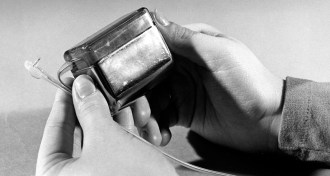 Tech
TechPlans fizzled for nuclear-powered artificial heart
In 1965, researchers saw a nuclear-powered heart in the future.
By Beth Mole -
 Health & Medicine
Health & MedicineProspective Crohn’s drug yields high rate of remission
An experimental Crohn’s disease drug triggers a high remission rate in patients.
By Nathan Seppa -
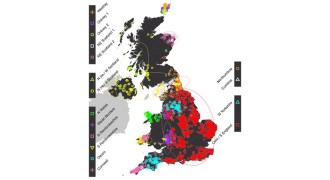 Genetics
GeneticsHistory of the United Kingdom revealed in its genes
A genetics study finds subtle differences that reveal secrets about the history and ancestry of England, Scotland, Wales and Northern Ireland.
-
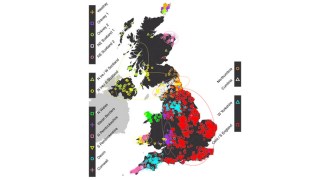 Humans
HumansHistory of the United Kingdom revealed in its genes
A genetics study finds subtle differences that reveal secrets about the history and ancestry of England, Scotland, Wales and Northern Ireland.
-
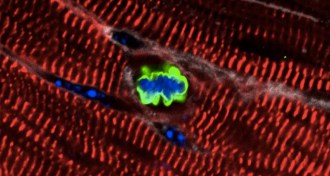 Health & Medicine
Health & MedicineFor heart repair, call RNA
Mice regrow muscle cells after heart attacks if injected with molecules mimicking RNA involved in cell growth.
-
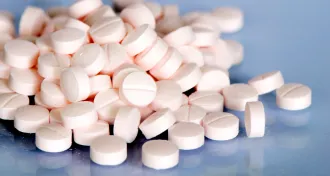 Health & Medicine
Health & MedicineAspirin, other painkillers may not reduce colorectal cancer risk for everybody
Aspirin and NSAIDs appear widely protective against colorectal cancer, but not for everyone.
By Nathan Seppa -
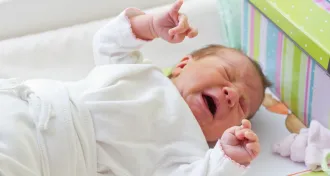 Health & Medicine
Health & MedicineIn babies, turning down inflammation soothes the hurt
Babies don’t feel nerve pain because their immune systems tamp down inflammation.
-
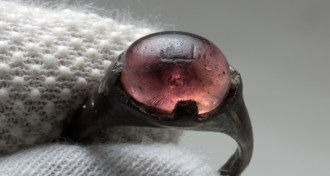 Archaeology
ArchaeologyRing brings ancient Viking, Islamic civilizations closer together
Ancient find fingers ninth century connection between Vikings and Islamic civilization.
By Bruce Bower -
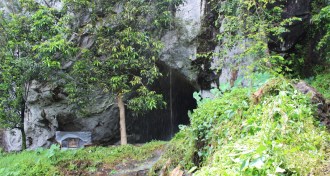 Anthropology
AnthropologyPeople moved into rainforests much earlier than thought
People lived year-round in rainforests well before previous estimates, an analysis of teeth excavated in Sri Lanka suggests.
By Bruce Bower -
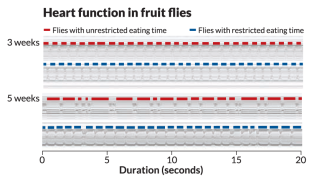 Life
LifeFor healthy eating, timing matters
Limiting eating times improves heart function in fruit flies.
-
 Health & Medicine
Health & MedicineRise in measles cases predicted in Ebola-stricken areas
Disruptions in vaccination campaigns in West Africa during the Ebola outbreak could lead to as many as 16,000 deaths from measles in the coming months.
By Nathan Seppa -
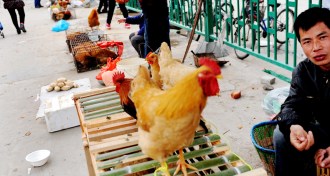 Life
LifeChickens to blame for spread of latest deadly bird flu
Chickens are responsible for the second wave of H7N9 bird flu in China.